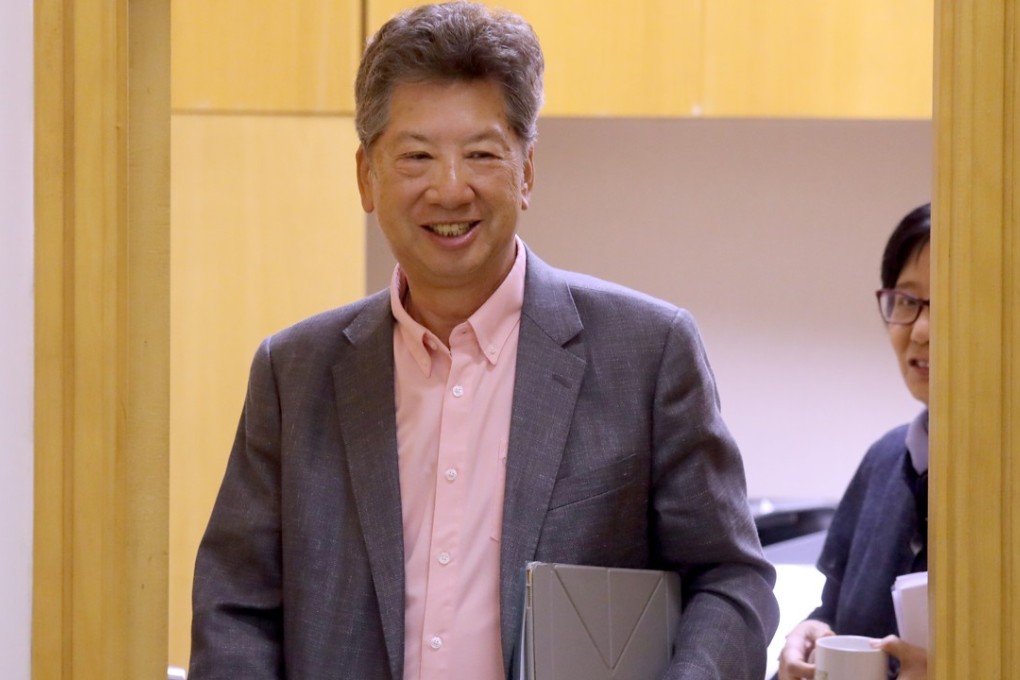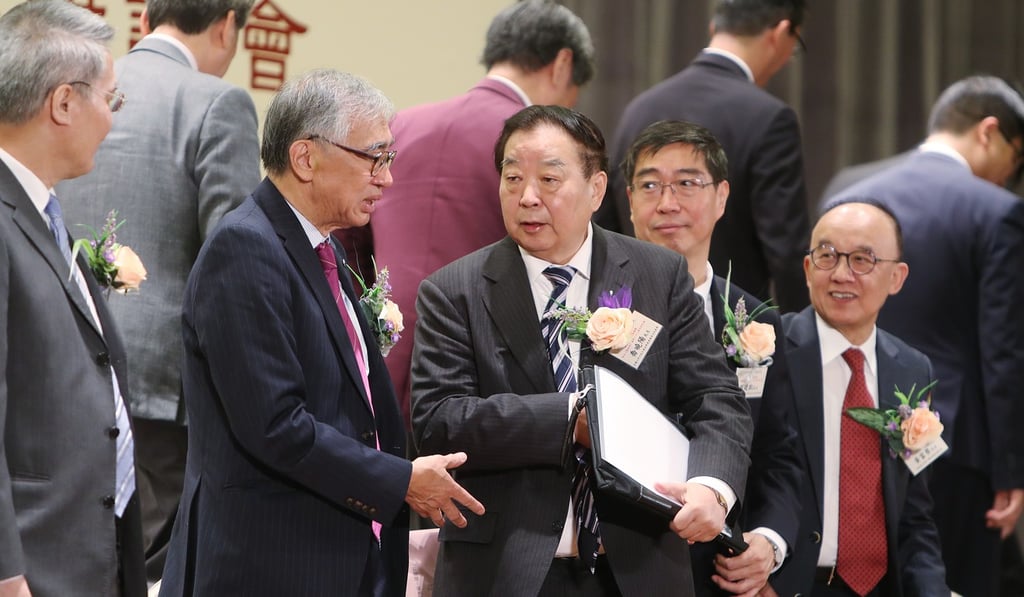Nothing hardline about urging respect for China’s socialist system, says adviser to Hong Kong leader after Qiao Xiaoyang’s comments
Ronny Tong voices disappointment at pan-democrats’ reaction to former law committee chief’s comments, but says no need for further legislation enforcing Beijing’s rule over city

An adviser to Hong Kong’s leader has defended a former Beijing official who urged city residents not to cross a legal line by challenging China’s socialist system, saying it was not a hardline stance.
Ronny Tong Ka-wah, an executive councillor, called what Qiao Xiaoyang said on Saturday fairly academic, and it would be unreasonable to expect any former Beijing official not to hit out at the notion of Hong Kong independence. Qiao is a retired chairman of the National People’s Congress law committee.
“The part on independence was less than 10 minutes in a speech of over an hour...What Qiao said is definitely not unyielding at all, as he only suggested [the idea of Hong Kong independence] would harm national sentiments,” Tong told a Commercial Radio show on Sunday, adding that he found the backlash from the pan-democratic camp, of which he used to be a member, “strange”.

He said Hong Kong was under China’s “unitary system” and that the Chinese constitution encompassed the whole country.